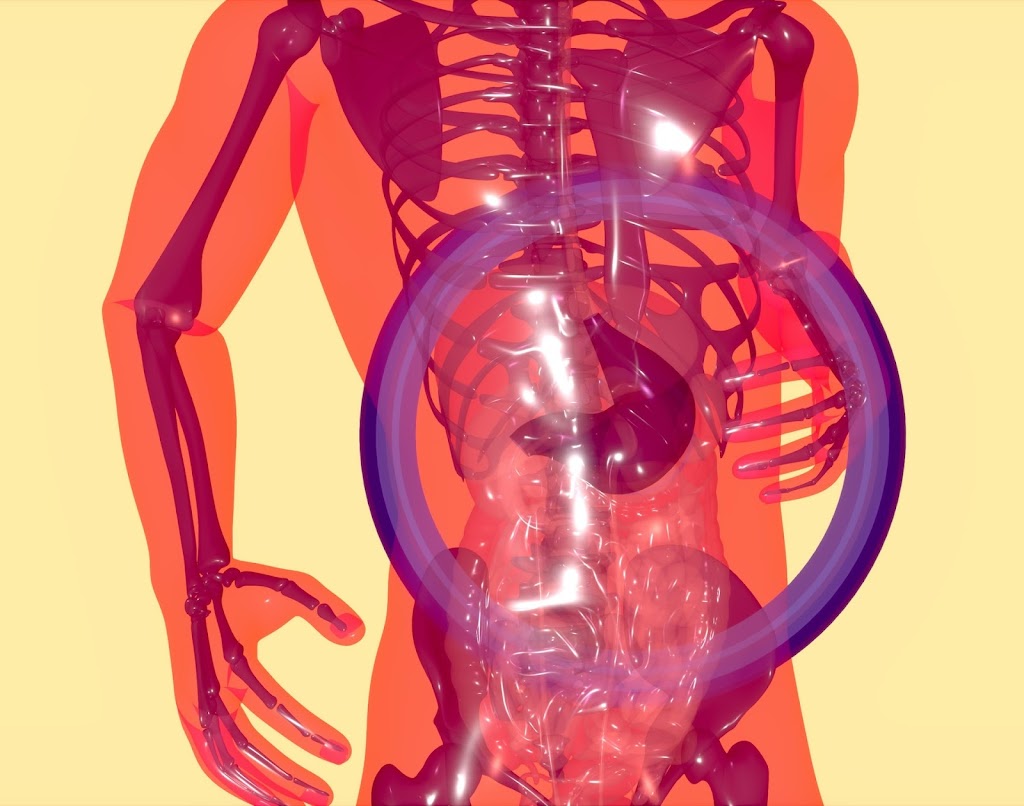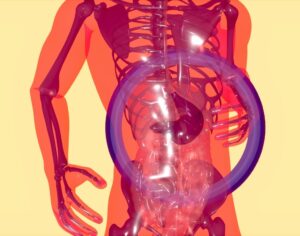The human gut is not merely a digestive system; it’s a
complex ecosystem that plays a pivotal role in overall health and well-being.
Within this intricate system lies the gut barrier, a lining that acts as a
frontline defense, safeguarding against harmful pathogens and substances while
allowing essential nutrients to pass through. When this barrier becomes
compromised, a condition known as “leaky gut” emerges, potentially
triggering a cascade of health issues, including inflammation, autoimmune
responses, and digestive discomfort.
Understanding the Gut Barrier:
The gut barrier comprises a tightly woven network of cells,
held together by proteins, forming a semi-permeable membrane. Its primary
function is to regulate the absorption of nutrients and prevent the passage of
toxins, bacteria, and undigested food particles into the bloodstream.
Factors Affecting Gut Permeability:
Several factors contribute to the compromise of the gut
barrier, including:
- Diet:
A diet high in processed foods, sugars, and unhealthy fats can disrupt the
balance of gut bacteria and compromise the gut lining. - Stress:
Chronic stress can weaken the gut barrier by altering gut microbiota
composition and increasing intestinal permeability. - Medications:
Certain medications, such as nonsteroidal anti-inflammatory drugs (NSAIDs)
and antibiotics, may disrupt the gut barrier integrity. - Environmental
Factors: Exposure to pollutants, toxins, and environmental stressors can
also impact gut health.
Strategies to Seal the Gut Barrier:
- Dietary
Adjustments: Opt for a balanced diet rich in fiber, diverse fruits,
vegetables, and probiotic-rich foods like yogurt, kefir, sauerkraut, and
kimchi. These support a healthy gut microbiome and fortify the gut lining. - Probiotics
and Prebiotics: Incorporate probiotic supplements or foods and prebiotic
fibers that nurture beneficial gut bacteria, fostering a robust gut
environment. - Manage
Stress: Employ stress-reducing techniques like mindfulness, meditation,
yoga, or deep breathing exercises to mitigate the impact of stress on gut
health. - Limit
Toxins: Minimize exposure to environmental toxins by choosing organic
produce, using natural cleaning products, and filtering drinking water. - Gut-Healing
Supplements: Consider supplements like glutamine, quercetin, and curcumin,
known for their potential to support gut lining repair. - Identify
Food Sensitivities: Conduct tests or elimination diets to pinpoint foods
that trigger inflammation or compromise gut integrity, then eliminate or
reduce their consumption. - Exercise
Regularly: Physical activity supports gut health by enhancing digestion
and promoting a diverse gut microbiome. - Quality
Sleep: Prioritize adequate sleep as it is essential for overall health,
including maintaining a healthy gut barrier.
References:
- Bischoff
SC, Barbara G, Buurman W, et al. Intestinal permeability – a new target
for disease prevention and therapy. BMC Gastroenterology. 2014;14:189. - Fasano
A. Zonulin, regulation of tight junctions, and autoimmune diseases. Ann N
Y Acad Sci. 2012;1258:25-33. - Gentile
CL, Weir TL. The gut microbiota at the intersection of diet and human
health. Science. 2018;362(6416):776-780. - Turner
JR. Intestinal mucosal barrier function in health and disease. Nat Rev
Immunol. 2009;9(11):799-809.
In nurturing a healthy gut barrier, one not only supports
digestive health but also bolsters the body’s defense mechanisms against
various illnesses. By implementing these strategies and adopting a gut-friendly
lifestyle, individuals can work towards sealing their gut barrier and promoting
optimal overall health.
Do you want to do more for your Gut click here to find out what fermented foods you could be adding to your diet!


